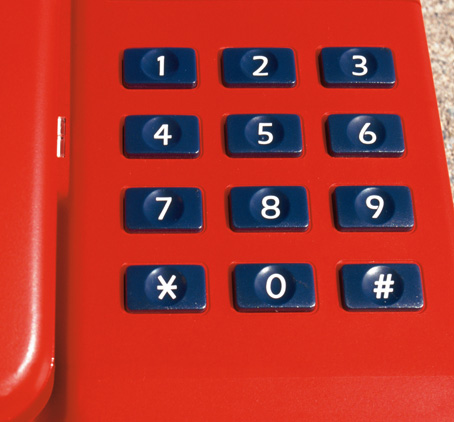Consumers are being warned to be even more alert for suspicious phone calls, texts and emails from fraudsters claiming to be from their bank, the police or utility or telecoms companies.
The warning follows a number of recently publicised high-profile data breaches. Fraudsters use these as opportunities to make their attempts more credible, and play on the fears of their victims. The scam communications often claim that there has been fraud on a customer’s account and try to panic people into acting quickly to safeguard funds. The fraudster will then persuade their victim into divulging personal or financial information, or even into transferring money directly into a so-called ‘safe account’.
All consumers are reminded that banks or the police will never contact you asking for your online banking password or for you to transfer money to a new account for fraud reasons. Katy Worobec, Director of Financial Fraud Action UK, said: “These scammers can appear extremely convincing, so it’s vital that everyone is alert. Remember a criminal may already have some information about you, so do not take that as confirmation that their message is authentic.
“Be very wary if you get any call, text or email out of the blue, even if they state there has been fraud on your account. If you receive such a call do not give out any information if you are at all suspicious and instead contact your bank on a number that you know, waiting five minutes before you make the call.”
Advice to consumers on how to take steps to avoid this type of scam:
Be wary of:
• Any calls, texts or emails purporting to be from your bank, the police or a utility or telecoms company asking for personal or financial details, or for you to transfer money.
• Cold callers who suggest you hang up the phone and call them back. Fraudsters can keep your phone line open by not putting down the receiver at their end.
Remember:
• Your bank or the police will never call you to ask for your four-digit PIN or your online banking password, or for you to transfer money to a new account for “fraud reasons”.
• If you feel something is suspicious or feel vulnerable, hang up, wait five minutes to clear the line, or where possible use a different phone line, then call your bank or card issuer on their advertised number to report the fraud.
Never disclose your:
• Four digit card PIN to anyone, including the bank or police.
• Your password or online banking codes.
• Personal details unless you are sure who you are talking to.
About Financial Fraud Action UK (FFA UK)
Members include banks, credit, debit and charge card issuers, and card payment acquirers in the UK.










